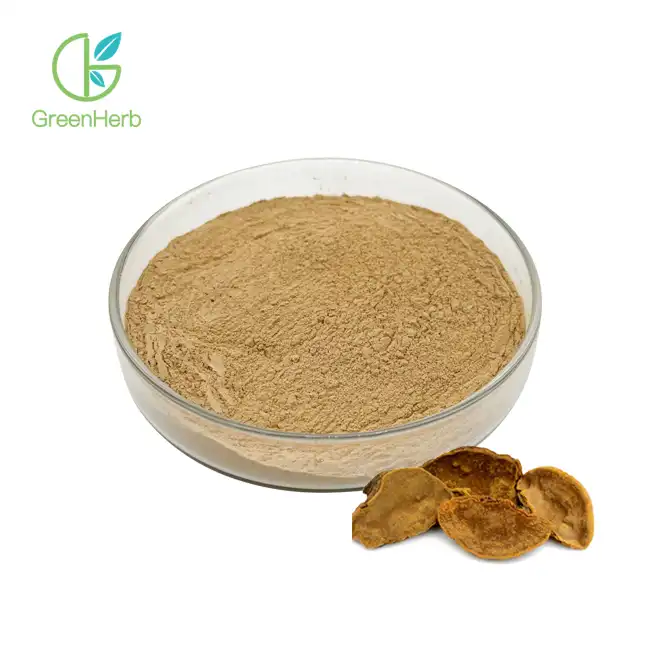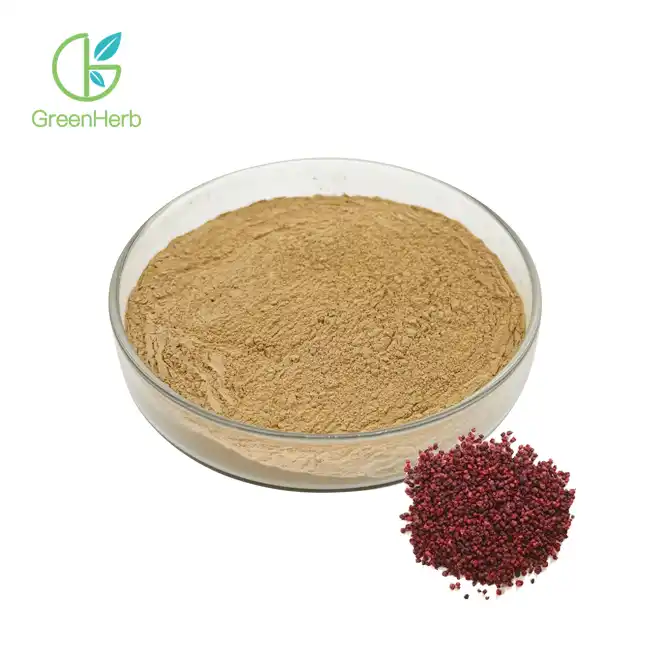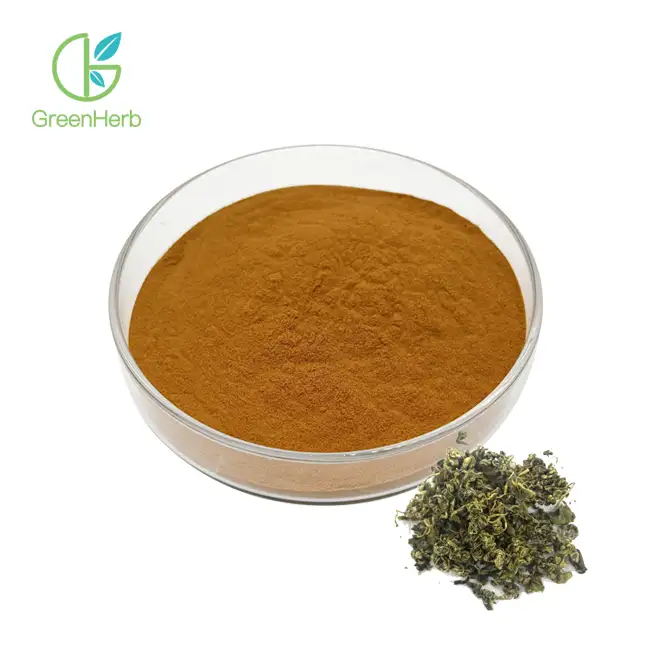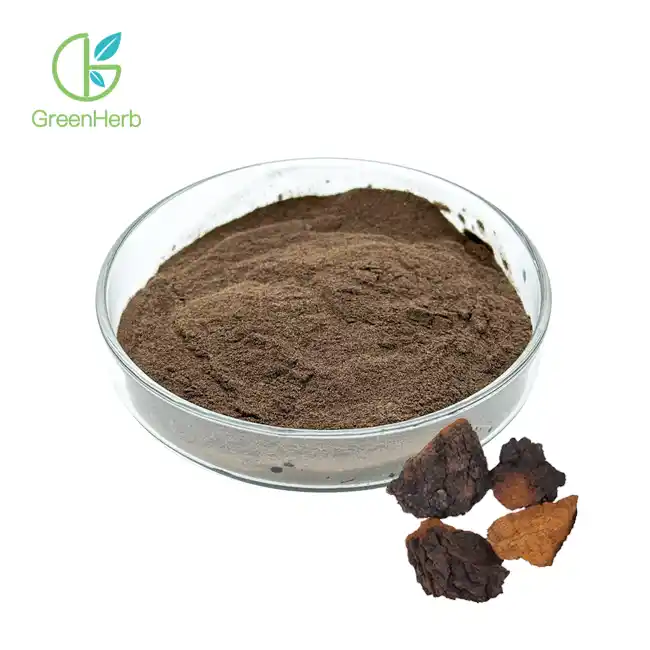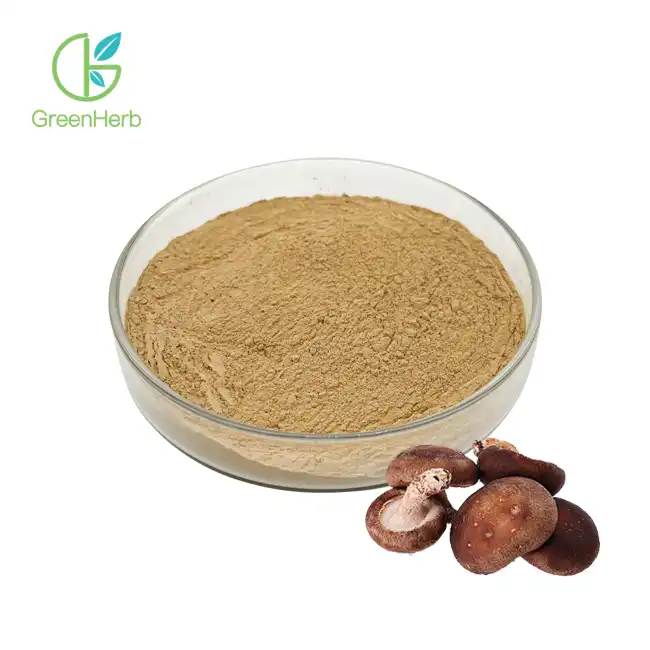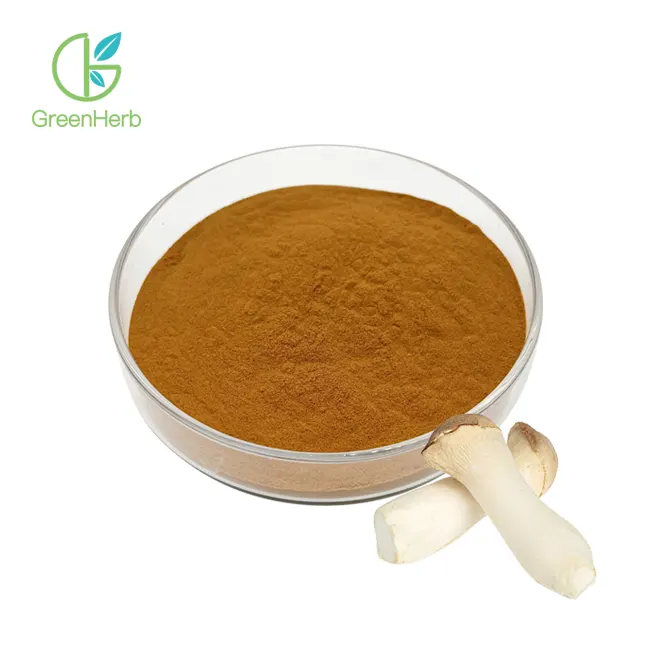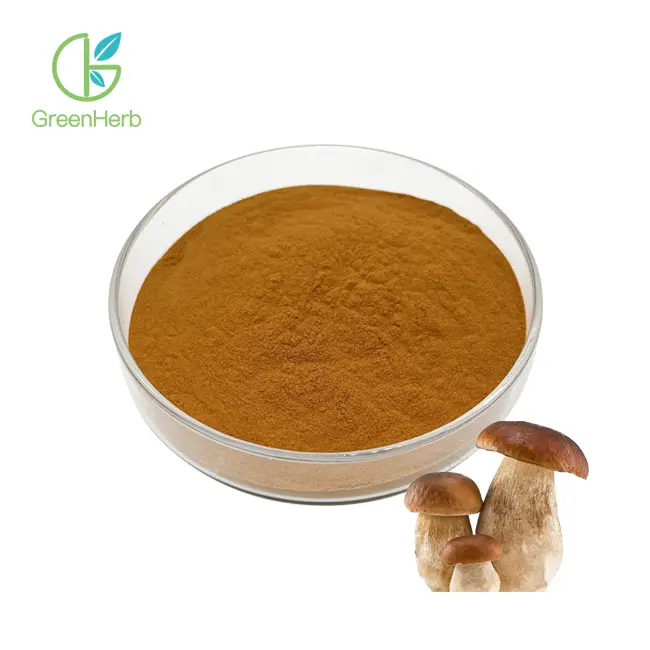- English
- French
- German
- Portuguese
- Spanish
- Russian
- Japanese
- Korean
- Arabic
- Greek
- German
- Turkish
- Italian
- Danish
- Romanian
- Indonesian
- Czech
- Afrikaans
- Swedish
- Polish
- Basque
- Catalan
- Esperanto
- Hindi
- Lao
- Albanian
- Amharic
- Armenian
- Azerbaijani
- Belarusian
- Bengali
- Bosnian
- Bulgarian
- Cebuano
- Chichewa
- Corsican
- Croatian
- Dutch
- Estonian
- Filipino
- Finnish
- Frisian
- Galician
- Georgian
- Gujarati
- Haitian
- Hausa
- Hawaiian
- Hebrew
- Hmong
- Hungarian
- Icelandic
- Igbo
- Javanese
- Kannada
- Kazakh
- Khmer
- Kurdish
- Kyrgyz
- Latin
- Latvian
- Lithuanian
- Luxembou..
- Macedonian
- Malagasy
- Malay
- Malayalam
- Maltese
- Maori
- Marathi
- Mongolian
- Burmese
- Nepali
- Norwegian
- Pashto
- Persian
- Punjabi
- Serbian
- Sesotho
- Sinhala
- Slovak
- Slovenian
- Somali
- Samoan
- Scots Gaelic
- Shona
- Sindhi
- Sundanese
- Swahili
- Tajik
- Tamil
- Telugu
- Thai
- Ukrainian
- Urdu
- Uzbek
- Vietnamese
- Welsh
- Xhosa
- Yiddish
- Yoruba
- Zulu
Is Pea Protein a Sustainable Protein Source?
With the rise of plant-based diets, pea protein has become a popular ingredient. Extracted from yellow split peas, it offers many health and environmental benefits, making it an attractive choice for those looking for alternatives to animal protein.

What is Pea Protein?
Pea protein is made from yellow peas and is processed into a fine powder. It is known for being rich in essential amino acids, making it a favored option for vegans and those with food allergies, as it is free from common allergens like dairy, soy, and gluten.
Nutritional Benefits
Pea protein is a complete protein, providing all nine essential amino acids. While it may lack some amino acids compared to animal proteins, it still offers a solid protein source for those following a plant-based diet.
This protein is low in fat and contains no cholesterol, which contributes to heart health. It is also a good source of iron, essential for energy levels. The fiber in pea protein aids digestion and helps with satiety, making it beneficial for weight management.

Environmental Advantages
Pea protein stands out for its minimal environmental impact. Growing peas requires less water and land compared to livestock farming. Additionally, peas improve soil health by fixing nitrogen, reducing the need for chemical fertilizers.
As people become more aware of sustainability issues, plant-based proteins like pea protein are gaining popularity. Choosing these eco-friendly options can help reduce the carbon footprint associated with food production.
Versatility in Foods
Pea protein is highly versatile and can be found in various food products. Initially used in protein powders, it is now common in plant-based meats, dairy alternatives, and snacks. Its neutral flavor allows it to blend well with other ingredients, making it suitable for many applications.
As consumer demand for plant-based foods grows, pea protein's presence in the market continues to expand, making it a staple in many new products.

Challenges
Despite its benefits, pea protein has some drawbacks. One challenge is its flavor, which some people find earthy. However, advancements in processing are improving taste, making it more appealing.
Another concern is cost; pea protein can be more expensive than other plant-based proteins like soy. However, as production techniques improve, prices may decrease, making it more accessible.
Comparison to Other Proteins
Pea protein has distinct advantages over other plant-based options. Soy protein is common but can cause allergies and may come from GMO sources. Pea protein, on the other hand, is non-GMO and allergen-friendly.
Rice protein is hypoallergenic but lacks some essential amino acids. Pea protein offers a more balanced profile. While hemp protein has healthy fats, it typically contains less protein overall, making pea protein a better choice for those looking to boost their protein intake.

Future Prospects
As interest in plant-based diets grows, pea protein is likely to play a larger role in nutrition. Innovations in food products, from snacks to meat substitutes, are expanding its use. Its nutritional benefits and environmental sustainability make it a valuable ingredient in modern diets.

Conclusion
Pea protein provides a nutritious, versatile, and sustainable option for those seeking alternatives to animal-based proteins. With its complete amino acid profile and low environmental impact, it is becoming increasingly popular.
Though taste and cost challenges exist, ongoing advancements in food technology are likely to address these issues. As consumers seek healthier and more sustainable food choices, pea protein is poised to be a significant part of the future of plant-based nutrition, benefiting both people and the planet.
IF You Are Interested In The Products We Operate And Other Related Categories, Please Write To Us And Contact Us. At The Same Time, You Can Also Browse Our Website To Find The Products You Want. We Provide Customized Services And Look Forward To Establishing Cooperation With You.
Email:sales@greenherbbt.com
